7 April 2020
Although to some it may seem completely strange, Health Licenses have a close relationship with Industrial Property rights. To give context to this article, Health Licenses are the approval given by a Government to a person for commercializing, production, or import of certain products into the country.
Typically, food, pharmaceuticals, medical, cleaning, cosmetics and veterinary. The health registration is the certification of quality and viability of that product, but this registration is mandatory, it is not voluntary. In other words, a product has a health registration when it meets the quality standards that the Government establishes. But be careful, without a health registration the product cannot be commercialized.
For the purposes of this article, the products whose authorization has more relation with Industrial Property rights are:
– Pharmaceutical: Pharmaceutical products are the most complex in terms of health registration procedures due to their technical level, and since they are the most related to people’s health, they have very strict procedures and higher standards. Their relationship with Industrial Property Rights is high due to their impact on people’s health. These registrations can be related both to trademarks and patents (e.g. Linkage or bolar clauses).
– Medical devices (or surgical or hospital instruments): In a similar sense to medicines, these are closely related to people’s health, and therefore also have complex requirements and standards. Therefore, it is also logical that they have a close relationship with Industrial Property rights.
– Cosmetics: When we talk about cosmetics we do not only talk about make-up, but also about perfumes, creams, treatments etc… These products´ purpose is to come into contact, or be applied onto, people, and therefore, they have a high relationship with the world of TMs and patents.
– Cleaning Products: These have a high composition and chemical character that makes them intrinsically related to the effect on people’s health, and therefore it is very important that consumers do not get confused when buying them, hence their close relationship with IP Rights.
– Tobacco: As it is a highly regulated product that is known to be harmful to health, the level of control by the health authorities over these products is strict. This makes them intrinsically related to IP rights (mostly TMs).
– Food: These are, by purpose, to be ingested by humans and animals, and therefore must be strictly monitored. These have great relation, more than anything, with TMs, since they are products normally considered as mass-consumption products.
– Beverages: Although this category includes alcoholic and non-alcoholic beverages, it is important to note that alcoholic beverages have more complex requirements, and even a little more to do with IP rights than non-alcoholic beverages.
The purpose of this article is, not to provide a legal frame treaty on country-by-country applications, but to give readers a guide to the general frameworks that cover most national regulations in the relation of Health Licenses and Patents. For this reason, at this point I will focus on the relationship between patents and Industrial Property, and leave for another time that of Trademarks.
First of all, I think it is very relevant to mention that the world of health registrations is not a uniform world when it comes to regulations (unlike the IP world, which has a certain uniformity in substance). Unfortunately, each country and each product has different requirements and standards to obtain authorization, even different procedures and, therefore, all the general rules have exceptions. There is a different kind of authorization per product, which also changes per country. For example, it is not the same to request approval for the import of a perfume as it is for its packaging; furthermore, the requirements are different between Argentina and Mexico, or even between Spain and Portugal. Some labels do not require previous approval, while others require approval for the health authority to grant it. Not to mention the formalities of each country, and the periodicity with which they modify all the regulations, if we get into these, this article would become a matrix impossible to disentangle. For these reasons, each case must be seen in a individual manner and analyzed separately. We invite you to take this article as a guide from which, all examples probably have exceptions.
But well, there is light at the end of the tunnel, fortunately as the world becomes more globalized, there is more uniformity to the general principles that govern health licenses and registrations, which allows us, at least from the legal frameworks, to find the clear relationship between IP and the regulatory world (this is seen more in the area of patents).
In general, the industrial property rights most related to health registrations are trademarks and patents. This does not mean that the other figures do not have it, of course an industrial design can be related to health registrations, for example in terms of approval of sanitary devices, however, it is not common.
As for patents, they have a very clear relationship with health records, because medicines or surgical devices (for example), are where research budgets are mostly invested. Therefore, the general idea is to prevent the use (and approval for commercialization) of a patented product.
In some countries, it is the obligation of the patent holder to monitor the Health authorizations that are granted in order to defend his right, by objecting to the health registration process based on his prior right. Other countries, however, (more and more every day) do provide an express legal relationship between patents and health registrations.
On one hand, Linkage refers to the obligation on behalf of the Health Authority to make known the existing patents and their application, so that applicants for new health registrations can analyse whether their products infringe them or not. In some cases, the applicant for a registration is required to declare that their product does not infringe any existing patent (in some cases there are even harsher standards, such as the severity of the oath). This has implications for both pharmaceutical and other patents, but in practice is seen to be more useful in medicines.
Consequently, some countries have stricter or express regulations prohibiting a health registration from infringing a patent (to the point of even maintaining permanent contact between the IP and health authorities); on the other hand, some countries have no express regulation or simply limit the obligation of surveillance by the patent holder; but in any case, a health registration can never infringe an existing patent (at least within the most important legal systems of the world). This is why it is very important, before filing a health application for a product, to perform a patent background search to corroborate the feasibility of granting such a registration.
Another mechanism for linking patents to industrial property registries is the well-known Bolar Clause: In general, this legal mechanism works as an exception (which is why in some countries it is called the bolar exception) which temporarily authorizes interested third parties to use a patented product under some clear conditions, (i) to use the patented product for experimental purposes; to use it in studies that are necessary to obtain the granting of the health registration; (ii) to have the information available to comply with the requirements of the health registration, and (iii) so that once the patent expires, the third party has its health registration processed and granted.
In some countries, there is an obligation to inform the health authority if the health registration that is applied for is patented and, in some cases, the validity of that registration depends on the validity of the patent. Sometimes the term of the health registration may even be longer, if the product is patented.
For these reasons, it is essential to keep the patent portfolios unified with those of the health records of each country.






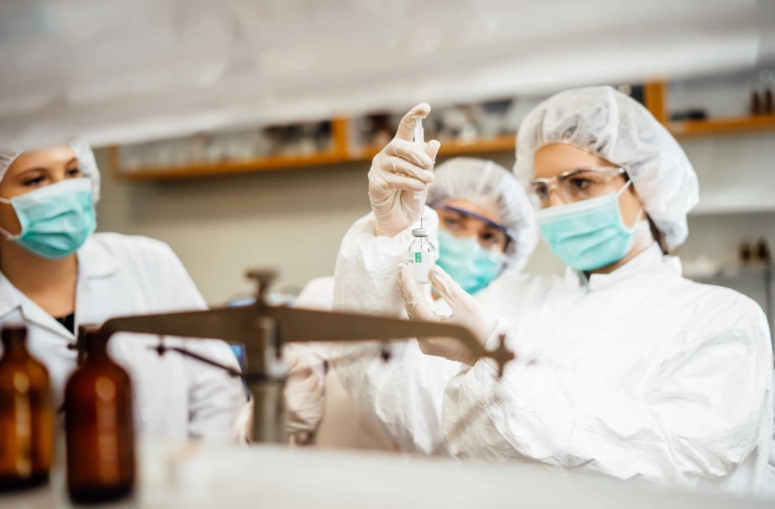
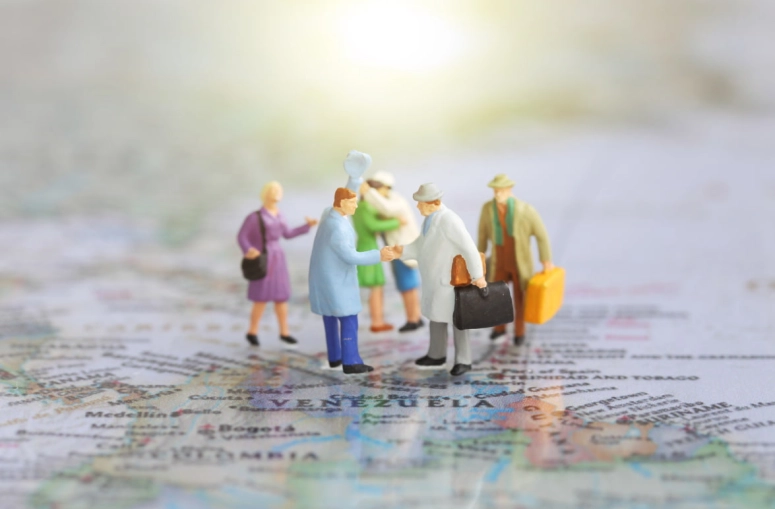


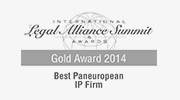









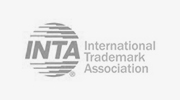



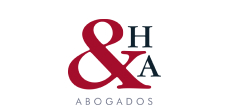



Comentarios
No Comments